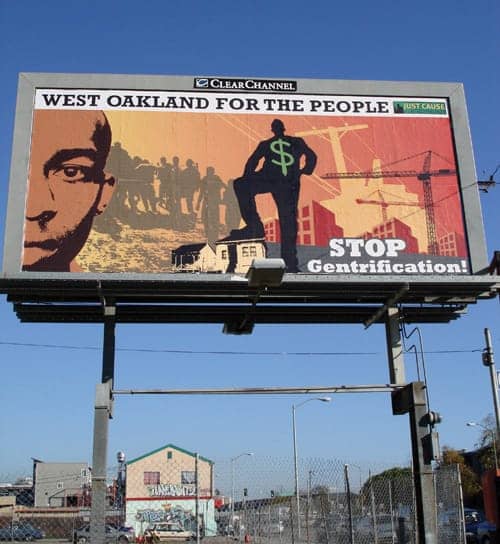What the US Cooks Up, the EU Swallows
(Serbia) on 13 September 2015
by Stevan Randjelovic (link to original)
As thousands of migrants pour into Europe, Brussels is doing everything within its limited power to defuse the crisis. Nevertheless, it seems Europe has never been more divided and apathetic. In addition to high unemployment, demographic decline, the disappearance of the welfare state, and Europeans' drift from their own ideals, the continent is undergoing a humanitarian crisis caused by a massive influx of people.
The European Union is one of the richest regions in the world, but it is in decline. It is well-known that xenophobia grows when the money dries up. There are plenty of stories of some nation or other seeking to dominate and live off the labor of others. In its current state, Europe is expected to take the civilized step of admitting thousands of injured people with no razor wire and with police bearing blankets instead of guns. The European media is reporting with shock and horror on the fences, [Hungarian Prime Minister Viktor] Orban's defense of Christian Europe, and Slovakia's “no-Muslims" policy. However, no one in Brussels is asking how things got this way, nor are they commenting on the role of Europe's overseas partner: the United States.
It's completely obvious that the migrants are heading to Europe as the result of wars begun by Washington. In fact, several European countries also participated in these wars, never dreaming they would suffer any consequences for it.
The EU has invested vast amounts in the development of its southern and eastern neighbors. It knows all too well the consequences of poor geopolitical decisions. Washington is certainly also well aware of possible refugee scenarios. Nevertheless, it wasted money on expensive projects, which only lined the pockets of fat-cat contractors and subcontractors.
Europe is an ideal U.S. partner in three scenarios: bombings and military interventions, trade agreements, and when the U.S. needs its partners to be divided. In the latter case, Washington often makes use of the United Kingdom. London doesn't want to remain outside of the EU; that would mean ceding political power to the German-French machine and a growing Poland. However, it doesn't want to fully join the bloc in its current form, so it’s trying to weaken the EU's structure and diffuse its powers.
The USA, as the world's only superpower, wants Europe as a trading partner, but prefers that the continent remain politically divided. Thus, we see them negotiating the famous and controversial Trans-Atlantic Trade and Investment Partnership, which would create the largest free trade zone in the world. Washington's shortsighted fear is of a united Europe that doesn't give any influence to the United Kingdom. This would mean losing their “inside man” in Brussels. This view is myopic, since America and Europe must join forces if they hope to compete economically with the rising powers of the East.
The lack of debate over the nature of the Euro-U.S. partnership and where it has lead us is troubling. There is plenty to talk about besides just wars and espionage. The U.S. is practically situated on an island, and it has long since built walls along its border with Mexico. Europe remains torn and politically divided. All eyes are on the most loved and hated political figure in Europe – Angela Merkel – looking for protection.
One thing is certain: The Europe of 2020 will be vastly different from the one we know today. That is partly our own fault, and partly the fault of our friend across the Atlantic.

